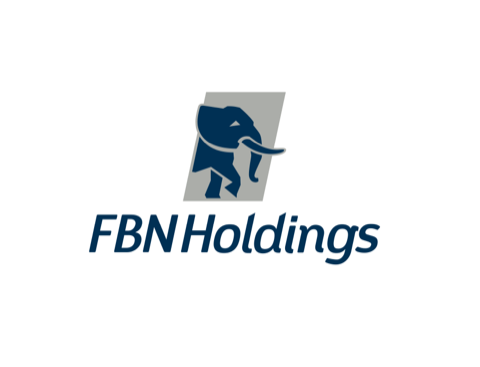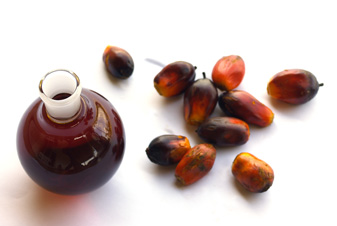Nestle Nigeria’s after tax profit crept upward 6.7% in 2015 to a new high, recovering from a slip in the preceding year. The food and beverages company maintained stable growth in sales revenue amidst a generally tight consumer market. Its management held a tight rein on operating cost and ended the year with one of the most successful cost saving initiatives in recent times.
The result of the cost management success is an increase of about 20% in pre-tax profit out of 5.5% increase in sales revenue. However a rise of one and half times in tax expense prevented much of the cost saved from flowing down to the bottom line.
The company’s sales revenue amounted to N151.27 billion at the end of 2015, an increase of 5.5% over the revenue figure in 2014. This is a slowdown from the increase of 7.7% in turnover the company recorded in the preceding year. A significant development for the company in the year is a near doubling of export revenue, which amounted to over N3.0 billion.
Cost saving initiatives helped the company to contain cost of sales and therefore improve gross profit ahead of sales. Cost of sales went up 2.2%, less than half as fast as sales revenue. That enabled the company to raise gross profit nearly twice as fast as sales revenue at almost 10%.
Advertisement
Further cost management success also enabled the company to raise operating profit almost three times as fast as sales revenue. Marketing and distribution expenses grew moderately at 4.9% and administrative expenses equally moderated at an increase of 4.8% in the year. These developments permitted an increase of 15.6% in operating profit, which amounted to N33.75 billion at the end of the year.
Perhaps the greatest impact of the company’s cost control effort in 2015 happened in respect of finance cost. Net finance charges declined by about 7% to N4.42 billion in the year, a development which is against the general trend of rising interest expenses among business operators. Considering the negative impact of finance cost on the income statement of the company in the prior year, the decline equally had a major favourable effect on the company’s income statement in 2015.
Nestle Nigeria’s ability to reduce interest cost came from a cut down on balance sheet debts. It slashed long-term loans and borrowing by 32% to N12.53 billion and bank overdraft dropped by more than 75% to just N305 million. Short-term borrowings however grew by over 34% to N17.11 billion.
Advertisement
The company’s cash flow has improved with a leap of 70% in net cash generated from operating activities amounting to N39.88 billion. Net cash used for investing activities was virtually unchanged and net cash used for financing activities dropped by over 18%. The development resulted in a change of position from a net cash decrease of N11.25 billion in 2014 to a net cash increase of N10.16 billion in 2015.
The company posted a pre-tax profit of N29.32 billion at the end of 2015, an increase of about 20% over the preceding year’s figure. An increase of 152% in income tax expense in the year claimed a good part of the cost saved along the line. That lowered the growth rate in after tax profit to 6.7% to N23.74 billion for Nestle Nigeria in 2015. This marks a new profit high for the company after a slight decline occurred in 2014.
The summary of the company’s trading in 2015 is that management achieved a cost saving success, which enabled it to improve profit slightly ahead of sales revenue. Net profit margin therefore improved slightly from 15.5% in 2014 to 15.7% in 2015. The ability to defend profit margin is the key development on the company’s income statement in 2015.
The company earned N29.95 per share in 2015, slightly up from N28.05 in 2014. It has declared a final cash dividend of N19 per share in addition to an interim cash dividend of N10 per share earlier paid. The total dividend for the year a slightly above the N27.50 it paid for its 2014 operations.
Advertisement







